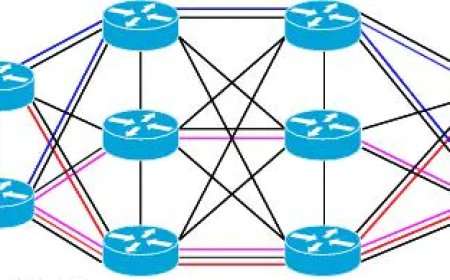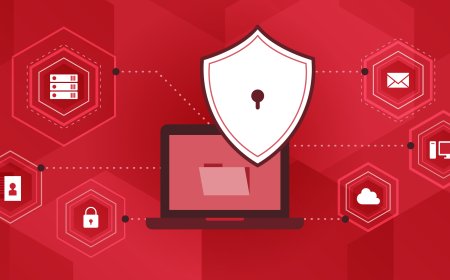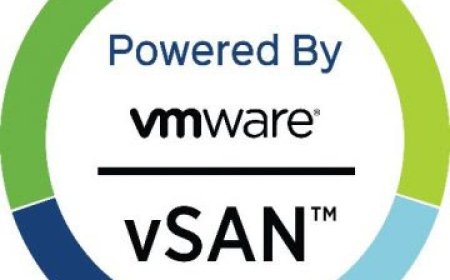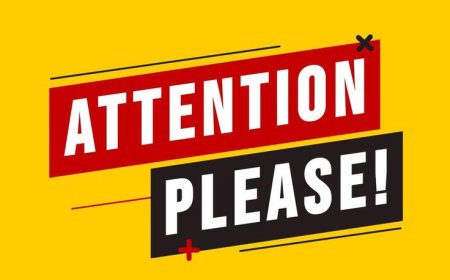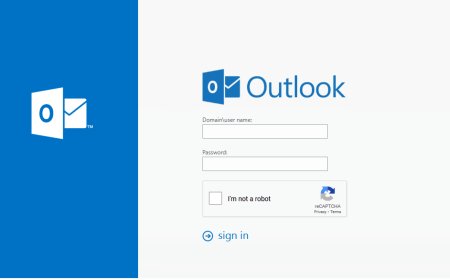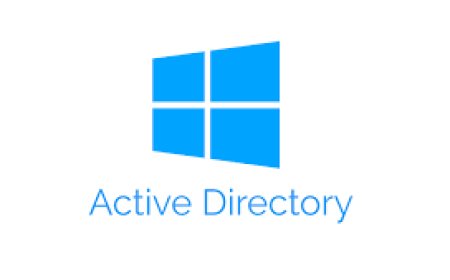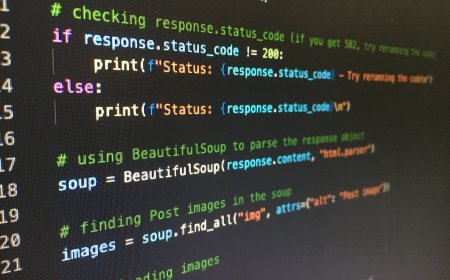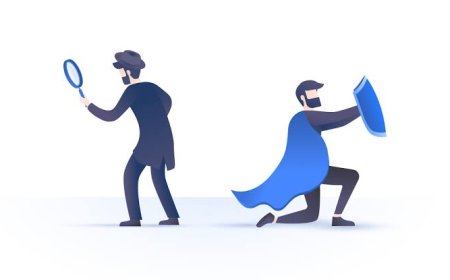Code of Ethics Explained
A code of ethics is a set of guidelines that govern the behavior of individuals or groups in a particular profession, organization or community. It outlines the moral principles, values and responsibilities that people should uphold in their interactions with others, their work and their environment. It serves as a moral compass to guide decision-making and ensure that actions are taken in accordance with ethical standards.
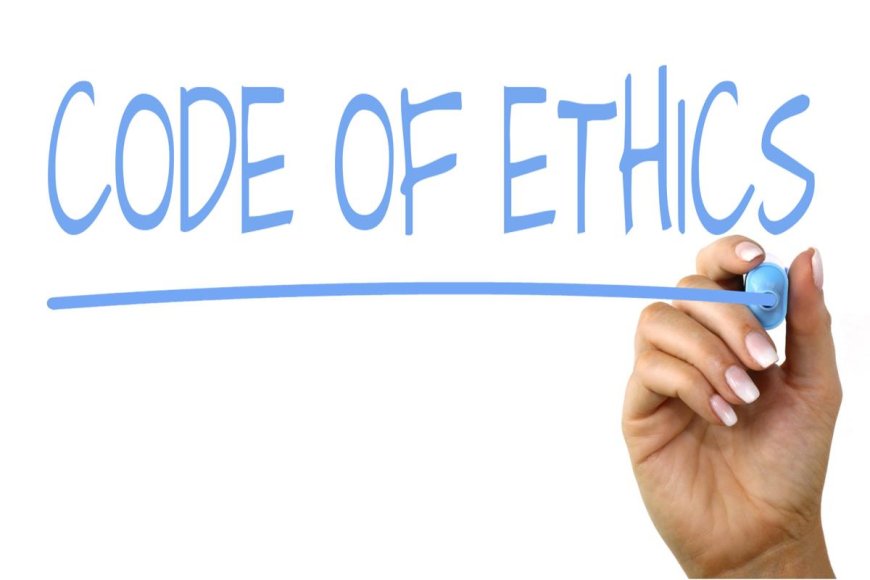
- The purpose of a code of ethics is to establish standards of behavior that are consistent with the values of a profession or community. It helps to define what is considered acceptable and unacceptable behavior, and provides a framework for dealing with ethical dilemmas and conflicts. In many cases, a code of ethics is a requirement for membership in a professional organization, and failure to comply with its provisions can result in disciplinary action.
A code of ethics typically covers a broad range of topics, including honesty, integrity, respect, confidentiality, professional competence, and social responsibility. It may also include provisions for dealing with conflicts of interest, ethical decision-making, and reporting unethical behavior. The specific provisions of a code of ethics will vary depending on the profession or community it applies to, and may be periodically reviewed and updated to reflect changes in the field or society.
One of the main benefits of a code of ethics is that it helps to promote ethical behavior and prevent misconduct. By providing clear guidelines for conduct, individuals are less likely to engage in unethical or illegal behavior, and are more likely to act in the best interests of others. This can help to build trust and credibility within a profession or community, and enhance the reputation of its members.
In addition to promoting ethical behavior, a code of ethics can also help to foster a sense of community and shared values among its members. By establishing a common set of principles and expectations, individuals can feel a sense of belonging and purpose, and may be more likely to collaborate and support one another.
Another important function of a code of ethics is to provide a basis for professional self-regulation. By establishing ethical standards and mechanisms for enforcement, a profession or community can maintain control over its own affairs and avoid external regulation or intervention. This can help to promote professionalism and ensure that members of a profession are held to the highest standards of conduct.
A code of ethics can also serve as a valuable resource for education and training. By providing clear guidelines for behavior, individuals can learn about ethical principles and develop the skills necessary to navigate complex ethical situations. This can help to promote ethical leadership and decision-making, and can be particularly valuable for those in positions of authority or responsibility.
- Despite its many benefits, a code of ethics is not a panacea for all ethical problems. Individuals may still act unethically or violate the code, and there may be disagreements about what constitutes ethical behavior in certain situations. However, a code of ethics provides a useful framework for addressing these issues and can help to prevent and mitigate ethical lapses.
4 Examples to Have a Better Understanding
-
Imagine that you work in a large corporation and have been tasked with managing a team of employees who work in the finance department. One day, you notice that one of your team members, John, is regularly leaving work early and appears to be making unauthorized changes to financial reports.
You become concerned about John's behavior and suspect that he may be engaging in unethical or illegal activity. You review the code of ethics for the corporation and find that it specifically prohibits fraudulent behavior, misrepresenting financial data, and using company resources for personal gain.
You realize that you have a responsibility to report John's behavior, but you are unsure of how to do so. You review the code of ethics again and find that it provides guidelines for reporting misconduct, including a hotline and a designated person to whom you can report.
You decide to make a report through the hotline, and provide as much detail as possible about John's behavior. You also document the changes he has made to the financial reports and keep a record of any other relevant information.
After making the report, you feel a sense of relief that you have done the right thing and upheld the values of the organization. You also feel confident that the corporation will take appropriate action to investigate John's behavior and ensure that the integrity of the financial data is maintained.
A few weeks later, you are called into a meeting with HR and the corporation's legal team. They inform you that they have investigated John's behavior and have found evidence of fraud and misrepresentation in the financial reports. They thank you for reporting the misconduct and assure you that the corporation takes such matters seriously.
They also inform you that John has been terminated and that the corporation will be taking steps to prevent similar incidents from happening in the future. You feel proud of the role you played in upholding the values of the corporation and promoting ethical behavior among its employees.
-
Imagine that you work for a large retail company that has a diverse workforce, with employees from a variety of backgrounds and cultures. One day, you notice that one of your colleagues, Maria, is being treated unfairly by some of her coworkers. You hear them making derogatory comments about her accent and the food she brings for lunch.
You realize that this behavior goes against the company's code of ethics, which promotes respect for diversity and inclusivity in the workplace. You decide to take action and speak to your colleagues about their behavior.
You approach them in a friendly and non-confrontational manner and explain that their comments are hurtful and disrespectful. You remind them of the company's code of ethics and its commitment to creating a workplace that is free from discrimination and harassment.
You also take the opportunity to educate them about the benefits of having a diverse workforce and how it can improve the company's performance and customer service. You share examples of other companies that have successfully embraced diversity and how it has positively impacted their business.
Your colleagues listen to what you have to say and realize that their behavior was inappropriate. They apologize to Maria and make a commitment to treat her and their other colleagues with respect and dignity, regardless of their background or culture.
In the coming weeks and months, you notice a positive change in the workplace culture. Employees are more respectful and inclusive of one another, and there is a greater sense of teamwork and collaboration. Maria also feels more valued and appreciated, and her confidence and performance improve.
As a result of your actions, you have helped to promote a workplace that is free from discrimination and harassment, and that values and respects diversity. You feel proud of the role you played in making a positive change and upholding the values of the company's code of ethics.
-
Imagine that you work for a small marketing agency that has recently been hired by a new client, a company that sells health supplements. One day, the owner of the supplement company offers to take you out for lunch to discuss potential future business opportunities.
During the lunch, the owner offers to pay for a vacation for you and your family in exchange for recommending their supplements to other potential clients. You realize that this offer creates a potential conflict of interest, as you would be receiving a personal benefit in exchange for promoting the interests of the supplement company.
You recall the code of ethics of your company, which outlines strict guidelines for avoiding conflicts of interest. You decide to politely decline the offer and explain that you are not comfortable accepting personal benefits from clients, as it goes against the values of your company.
Instead, you propose that the supplement company consider sponsoring a local charity or non-profit organization, as a way to give back to the community and promote their brand in a positive way. You explain that this would align with the values of both companies and avoid any potential conflicts of interest.
The owner of the supplement company agrees with your proposal and is impressed by your professionalism and integrity. They express their appreciation for your honesty and commitment to ethical behavior, and agree to work with your agency on future projects.
In the weeks that follow, your agency is able to successfully promote the supplement company's products to new clients, while also maintaining a strict adherence to ethical guidelines and avoiding any potential conflicts of interest.
Your actions have helped to uphold the values of the code of ethics and promote the integrity of your agency. You feel proud of the role you played in maintaining ethical standards and promoting the interests of both companies in a responsible and professional manner.
-
Imagine that you work for a large manufacturing company that has a strict code of ethics, which includes guidelines for reporting misconduct and potential violations of the law. One day, you discover that a senior executive in the company has been engaging in illegal activity, including embezzlement and fraud.
You realize that this behavior goes against the values of the company's code of ethics and has the potential to harm both the company and its stakeholders. You also know that you have a responsibility to report this misconduct, but you are unsure of how to proceed.
You review the company's code of ethics and find that it includes a hotline for reporting misconduct and a designated person to whom you can report. You also consult with a trusted colleague and discuss your concerns, seeking their advice on how to proceed.
After careful consideration, you decide to make a report through the hotline, providing as much detail as possible about the executive's illegal activity. You also document any other relevant information and keep a record of your actions.
A few days later, you are contacted by the company's legal team, who inform you that they have received your report and will be conducting an investigation into the matter. They assure you that your identity will be protected and that the company takes such reports seriously.
After a thorough investigation, the executive is found to have engaged in illegal activity, and is terminated from the company. The company also takes steps to prevent similar incidents from occurring in the future, including implementing new training programs for employees and revising its internal controls and audit procedures.
You feel a sense of relief that you have done the right thing and upheld the values of the company's code of ethics. You also feel proud of the role you played in promoting ethical behavior and helping to maintain the integrity of the company.
What's Your Reaction?









